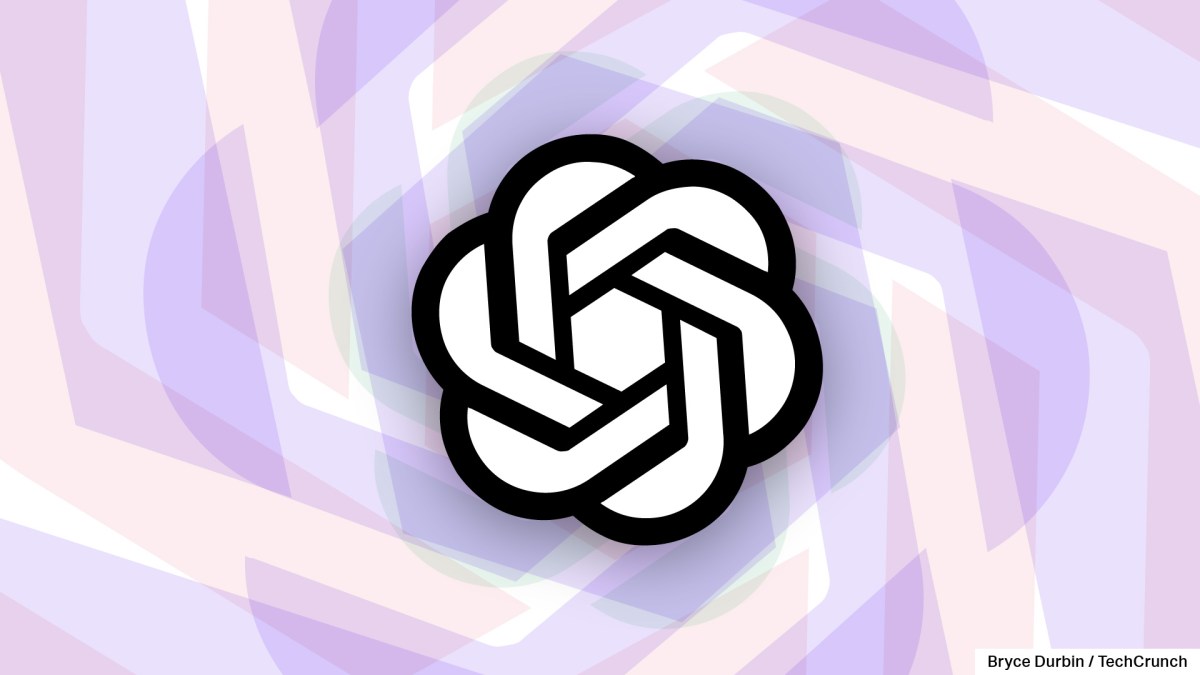As a part of TechCrunch’s ongoing Women in AI series, which seeks to give AI-focused women academics and others their well-deserved (and overdue) time in the spotlight, TechCrunch interviewed Sophia Velastegui. Velastegui is a member of the National Science Foundation’s (NSF) national AI advisory committee and the former chief AI officer at Microsoft’s business software division.
Velastegui didn’t plan on having a career in AI. She studied mechanical engineering as a Georgia Tech undergrad. But after a job at Apple in 2009, she became fascinated by apps — especially AI-powered ones.
“I started to recognize that AI-infused products resonated with customers, thanks to the feeling of personalization,” Velastegui told TechCrunch. “The possibilities seemed endless for developing AI that could make our lives better at small and large scale, and I wanted to be a part of that revolution. So I started seeking out AI-focused projects and took every opportunity to expand from there.”
AI-forward career
Velastegui worked on the first MacBook Air — and first iPad — and soon after was prompted to product manager for all of Apple’s laptops and accessories. A few years later, Velastegui moved into Apple’s special projects group, where she helped to develop CarPlay, iCloud, Apple Maps, and Apple’s data pipeline and AI systems.
In 2015, Velastegui joined Google as head of silicon architecture and director of the company’s Nest-branded product line. After a brief stint at audio tech company Doppler Labs, she accepted a job offer at Microsoft as general manager of AI products and search.
At Microsoft, where Velastegui eventually came to lead all business app-related AI initiatives, Velastegui guided teams to infuse products such as LinkedIn, Bing, PowerPoint, Outlook, and Azure with AI. She also spearheaded internal explorations and projects built with GPT-3, OpenAI’s text-generating model, to which Microsoft had recently acquired the exclusive license.
“My time at Microsoft truly stands out,” Velastegui said. “I joined the company when it was in the midst of huge changes under CEO Satya Nadella’s leadership. Mentors and peers advised me against making that jump in 2017 because they viewed Microsoft as lagging in the industry. But in a short window, Microsoft had started making real headway in AI, and I wanted in.”
Velastegui left Microsoft in 2022 to start a consulting firm and head product development at Aptiv, the automotive tech company. She joined the NSF’s AI committee, which collaborates with industry, academia, and government to support basic AI research, in 2023.
Navigating the industry
Asked how she navigates the challenges of the male-dominated tech industry, Velastegui credited the women she considers to be her strongest mentors. It’s important that women support each other, Velastegui says — and, perhaps more importantly, that men stand up for their female co-workers.
“For women in tech, if you’ve ever been part of a transformation, adoption, or change management, you have a right to be at the table, so don’t be afraid to take your seat there,” Velastegui said. “Raise your hand to take on more AI responsibilities, whether it’s part of your current job or a stretch project. The best managers will support you and encourage you to keep pushing ahead. But if that’s not feasible in your 9-5, seek out communities or university programs where you can be part of the AI team.”
A lack of diverse viewpoints in the workplace (i.e. AI teams made up mostly of men) can lead to groupthink, Velastegui notes, which is why she advocates that women share feedback as often as they can.
“I strongly encourage more women to get involved in AI so our voices, experiences, and points of view are included at this critical inception point where foundational AI technologies are being defined for now and the future,” she said. “It’s critical that women in every industry really lean into AI. When we join the conversation, we can help shape the industry and change that power imbalance.”
Velastegui says that her work now, with the NSF, focuses on tackling outstanding fundamental issues in AI, like a lack of what she calls “digital representation.” Biases and prejudices pervade today’s AI, she avers, in part due to the homogenous makeup of the companies developing it.
“AI is being trained on data from developers, but developers are mostly men with specific perspectives, and represent a very small subset of the 8 billion people in the world,” she said. “If we’re not including women as developers and if women aren’t providing feedback as users, then AI will not represent them at all.”
Balancing innovation and safety
Velastegui sees the AI industry’s breakneck pace as a “huge issue” — absent a common ethical safety framework, that is. Such a framework, were it ever to be widely embraced, could allow developers to build systems with speed without stifling innovation, she believes.
But she’s not counting on it.
“We’ve never seen technology this transformative evolve at such a relentless pace,” Velastegui said. “People, regulation, legacy systems … nothing has ever had to keep up at the current speed of AI. The challenge becomes how to stay informed, up-to-date, and forward-thinking, while also aware of the dangers if we move too fast.”
How can a company — or developer — create AI products responsibly today? Velastegui champions a “human-centered” approach with learning from past mistakes and prioritizing the well-being of users at its core.
“Companies should empower a diverse, cross-functional AI council that reviews issues and provides recommendations that reflect the current environment,” Velastegui said, “and create channels for regular feedback and oversight that will adapt as the AI system evolves. And there should be channels for regular feedback and oversight that will adapt as AI systems evolves.”




